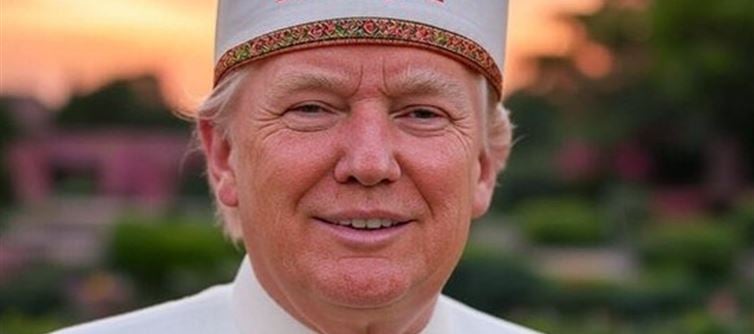
Visa Uncertainty Threatens AI Innovation
The U.S. has long been a magnet for global tech talent, with the H-1B visa serving as a crucial pathway for skilled professionals. However, recent policy changes have introduced significant hurdles. The trump administration's decision to impose a $100,000 annual fee on new H-1B applications has sent shockwaves through the tech community. While the fee applies only to new applicants, its impact on startups is profound. Many indian AI startups, already operating on tight budgets, find this fee prohibitive, potentially stalling their growth before it begins.
Founders are particularly concerned about the indirect effects of these policies. The uncertainty surrounding visa approvals and the financial strain of new fees are deterring potential hires. Talented engineers, especially those on H-1B visas, are opting for the stability offered by established tech giants, leaving startups in a lurch. This shift not only hampers innovation but also threatens the very foundation of emerging AI ventures.
India Emerges as a Viable Alternative
As the U.S. tightens its immigration policies, india is positioning itself as a viable alternative for AI innovation. The indian government has been actively promoting AI development through initiatives like the IndiaAI mission, which aims to boost computing capacity, create dataset platforms, and support startup funding. Additionally, the country's burgeoning startup ecosystem and a growing pool of skilled professionals make it an attractive destination for AI ventures.
The shift in focus is evident. Many indian AI startups are choosing to operate locally, reducing their reliance on U.S. markets and talent pools. This strategic move not only mitigates the risks associated with U.S. visa policies but also capitalizes on the growing demand for AI solutions within India.
The Global Implications
The current scenario underscores a broader trend: the decentralization of AI innovation. While the U.S. has traditionally been at the forefront, countries like india are rapidly catching up. This shift has significant implications for global tech dynamics. As more startups emerge in regions with favorable policies, the global landscape of AI development is becoming more diversified.
For the U.S., this represents a critical juncture. To maintain its leadership in AI, it must reconsider policies that inadvertently stifle innovation. Balancing immigration controls with the need to attract global talent is essential. Without such adjustments, the U.S. risks losing its competitive edge in the rapidly evolving AI sector.
The tightening of U.S. visa policies, particularly the imposition of the $100,000 H-1B fee, is casting a long shadow over indian AI startups. While these startups are resilient and adaptive, the current environment presents significant challenges. As the global tech ecosystem becomes more interconnected, the decisions made today will shape the future of AI innovation worldwide.




 click and follow Indiaherald WhatsApp channel
click and follow Indiaherald WhatsApp channel